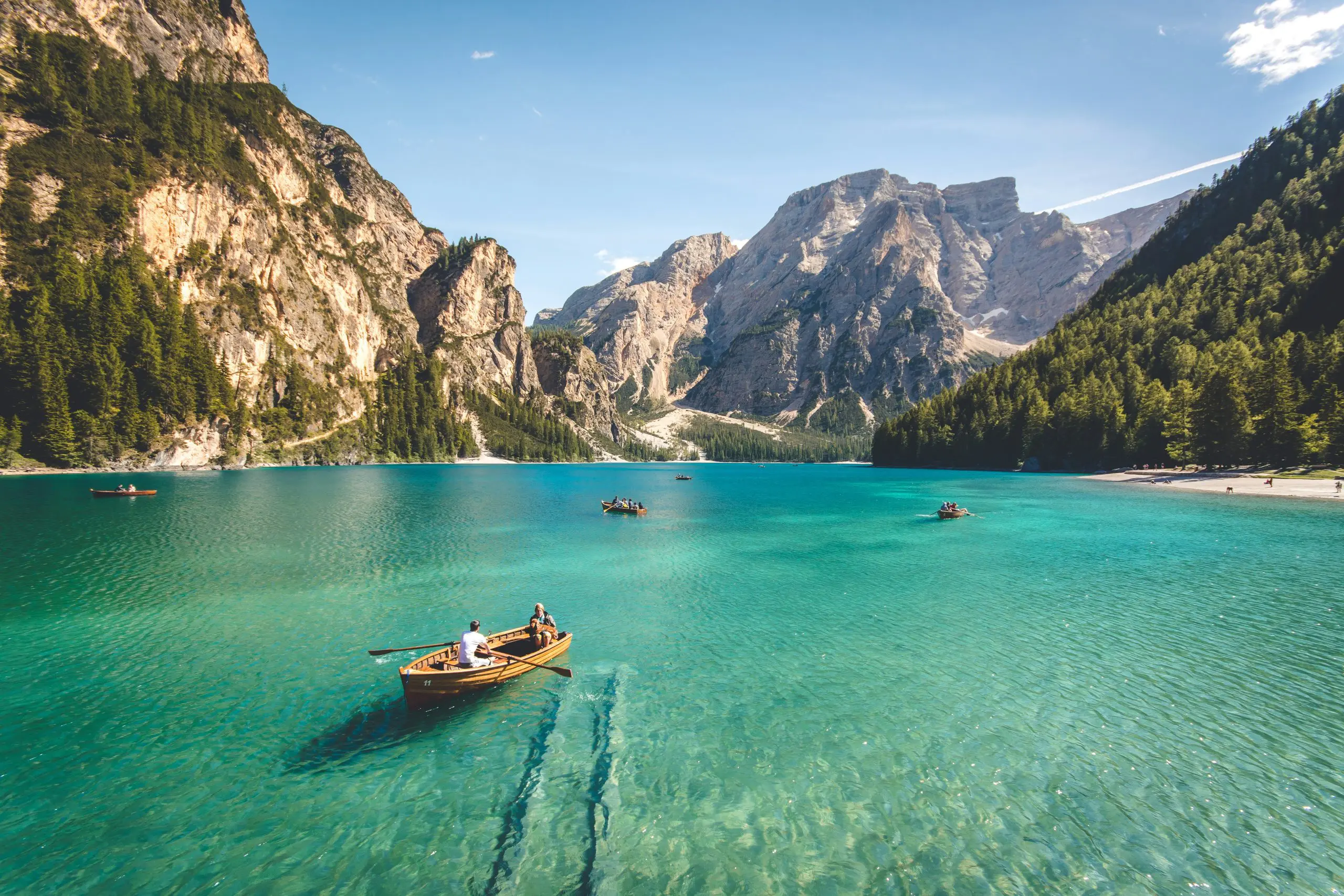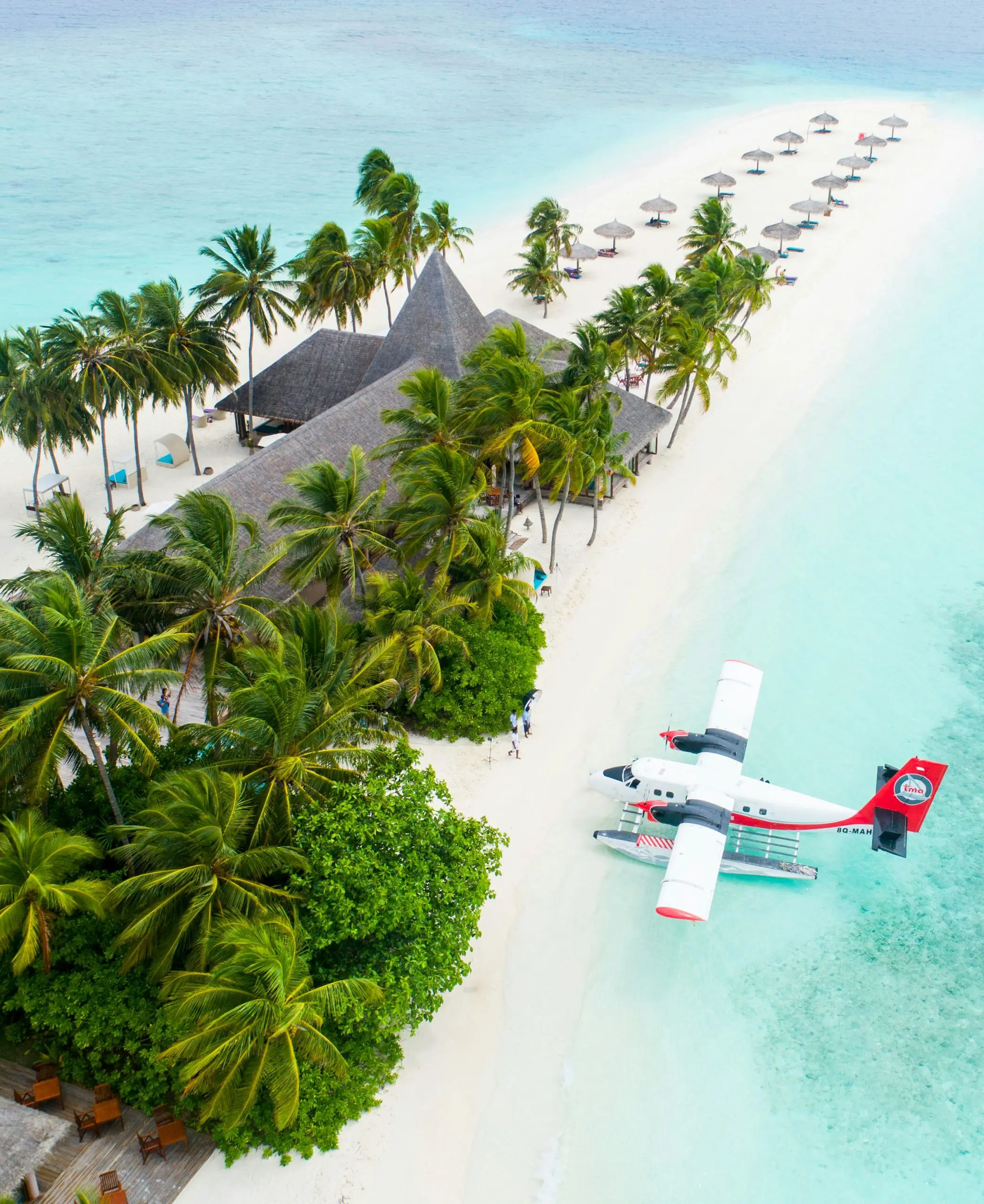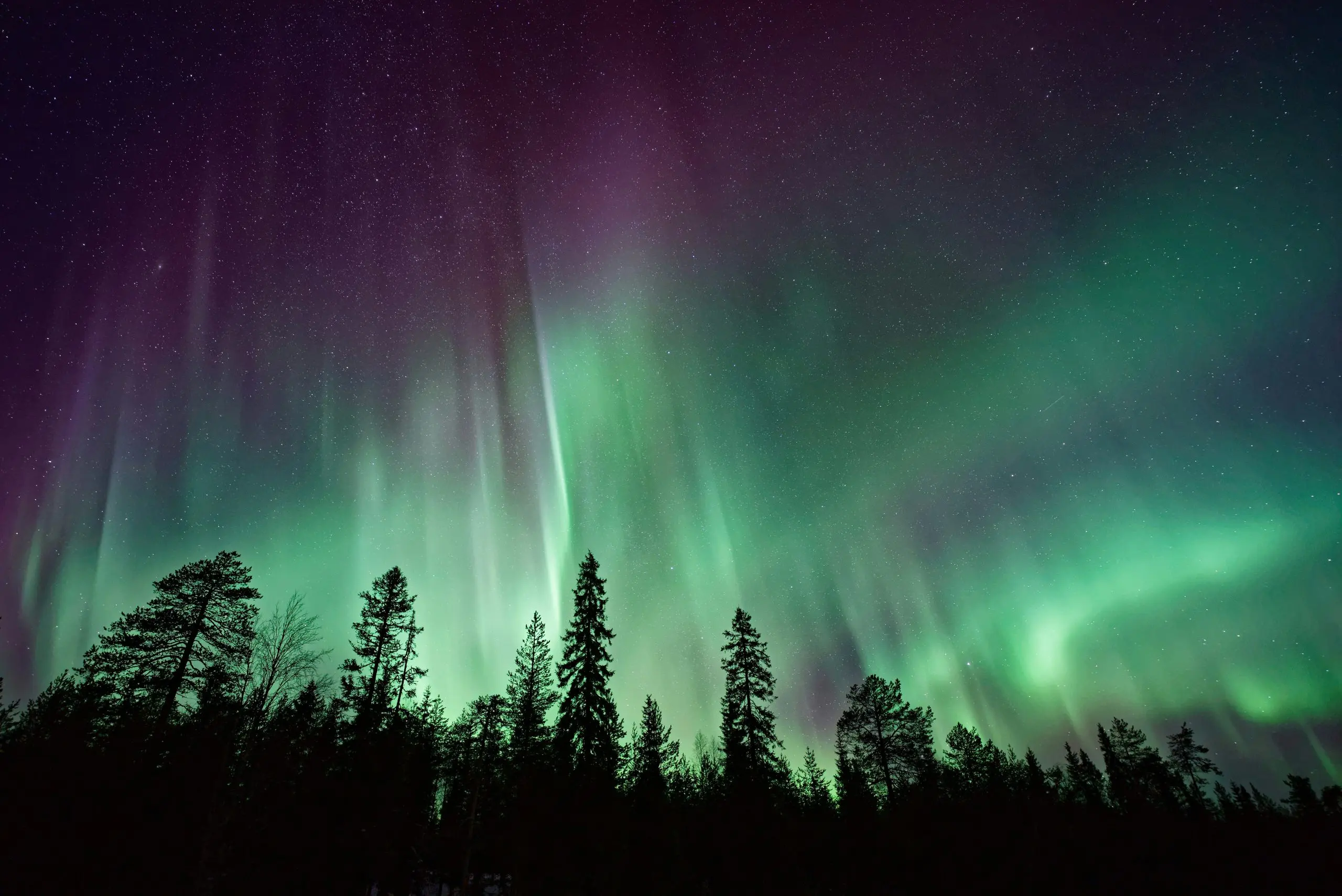Everyone loves holidays. If you’re like me, they’re the moments that keep you going through the year. It’s one of the reasons I love working alongside the marketing team at Leeds Bradford Airport, as I feel like holiday mode is always on. With this relationship, I’m also privy to travel industry trends, I was recently shared the ABTA’s annual Holiday Habits survey where it highlighted major shifts in consumer behaviour for 2025. I’ve read the piece, so you don’t have to and pulled the highlights for you to consider as the future of travel takes off in a new direction.
- Take the plunge – do that Long-Haul trip
This is a trend I can get behind; my long-haul trips are some of my best memories that I’ll remember for life. And, as we’re all looking for adventure, culture and unique experiences that cannot be found closer to home, there’s no surprise that there is a significant increase in travellers opting for long-haul trips beyond Europe. While North America continues to be a top choice, there’s also interest in countries such as Japan, Thailand, India, China, South Africa, and Kenya.
For travel businesses, this means an opportunity to enhance customer support and offer tailor-made experiences. Airlines and tour operators should anticipate growing demand for premium long-haul services, including flexible ticketing, sustainable travel options, and personalised itineraries. Let’s turn long-haul dreams into effortless journeys.

- Luxury travel boom
A holiday is something you’ve saved for, for some you might have sacrificed all year for. So, I know when I’m away I want to make it an experience, with little nods to luxury where possible. Many feel the same, as a rising number of travellers are choosing to upgrade their accommodations, with 35% of international tourists staying in five-star hotels in the past year. This figure is even higher among Gen Z, with nearly half (47%) opting for luxury stays.
As more travellers choose holiday experiences, hospitality brands should look to enhance their premium offerings, focus on sustainable luxury, and use digital tools to personalise trips. After all, who wouldn’t want to travel in style and comfort?

- The Return of Baecations
Romantic getaways are here to stay. The number of travellers vacationing with their significant other has increased to 44%, with the most significant growth observed among 25-44-year-olds. Even parents are embracing this trend, balancing family vacations with dedicated couple getaways.
For travel providers, this signals a demand for curated couple experiences, from romantic retreats to adventure-packed itineraries. Resorts, cruise lines, and tour operators can capitalise on this shift by offering exclusive packages that cater to couples looking for a balance between relaxation and exploration.

- Winter experiences demand
Christmas markets, Northern Lights expeditions, to winter sports holidays – winter travel is in high demand. Notably, interest in Northern Lights trips has surged, with nearly one in five travellers (18.4%) expressing plans to embark on this type of adventure. It seems like travellers are embracing the chill rather than just chasing the sun.
There’s opportunity for businesses to promote unique, off-peak offerings that cater to experiential travellers. Whether it’s cozy mountain retreats, spa and wellness getaways, or Arctic explorations, highlighting these will attract a growing segment of winter adventurers.

- The inspiration divide: AI meets traditional travel planning
It feels like AI is fast becoming a part of day-to-day life across many industries although when it comes to travel planning there is a divide. Travel brochures remain surprisingly resilient, with 27% of travellers, spanning all generations, using them for trip planning, I know Leeds Bradford Airport felt the resurgence of their travel agents after Covid. Meanwhile, AI-driven search tools are gaining traction, particularly among younger travellers, with 10% of Gen Z and 7% of Millennials using AI for travel inspiration.
A hybrid marketing approach is recommended, where travel brands should continue investing in digital strategies while also maintaining physical brochures and in-person consultation services to cater to a broad audience.

The Road Ahead: a new era of travel
For 2025, these travel trends highlight a shift towards more personalised, meaningful, and experience-driven travel. The resurgence of long-haul travel, the rising demand for luxury, the return of couples’ vacations, and the evolution of winter tourism all point to more adventure and diversity. Plus, the blend of traditional and tech-driven trip planning reinforces the importance of a multi-channel approach in travel marketing.
For businesses in the travel sector, staying ahead of these trends will be key to capturing market opportunities. By embracing flexibility, sustainability, and personalisation, industry leaders can meet the evolving expectations of travellers and shape the future of tourism in 2025 and beyond.
